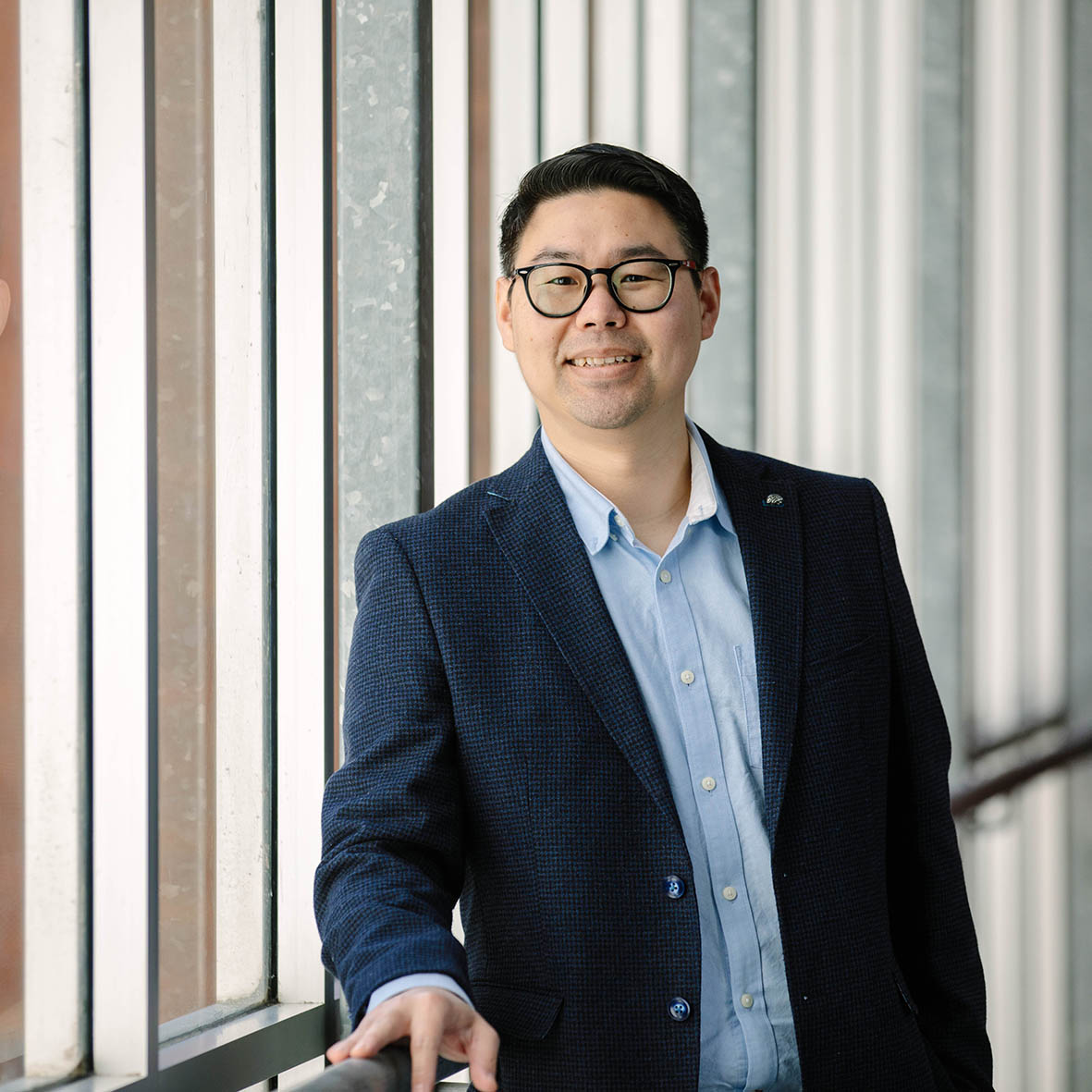An interview with Associate Professor Victor Anggono

Why do you study dementia? Why did you choose to follow this research path?
My laboratory studies how nerve cells (neurons) communicate with one another. This process is absolutely critical for learning and memory, which are most affected in people living with dementia. I have always been fascinated with the intricacy of cell signaling. I am passionate about studying the biochemical processes that allow neurons to operate with exquisite efficiency and precision.
What impact do you hope your research will have on society?
Brain is the most complex organ in our body and we have very little understanding of how it works. I hope that the fundamental research that we do will lead to new insights into the inner-working of the brain, which in turn will increase our understanding of disease aetiology in the quest for novel therapeutic targets and strategies.
Why did you choose to conduct your research at the Clem Jones Centre for Ageing Dementia Research (CJCADR)?
The people – I like to work with people who are smarter than me and there are plentiful at CJCADR. It provides a supporting and intellectual environment that pushes me and my team to perform better research.
How does CJCADR create new discoveries about the brain?
The breadth of dementia research being conducted at CJCADR is world-class, ranging from the molecular and cellular level, all the way to the system level. CJCADR also embraces diversity in the system being studied, from the nematode, rodents and sheep to humans.
What were your first thoughts when you joined CJCADR?
I was thrilled to be part of a newly established centre led by Prof. Jürgen Götz, a world authority in the field of dementia research.
What would you like to see CJCADR achieve in the next 10 years?
CJCADR has become a melting pot of talents who are passionate about brain and dementia research that continue to push the boundaries in what we do. I’m confident that CJCADR will still be one of the best places for training our future generation of neuroscientists (students and early-career researchers) so that we can continue our legacy.

